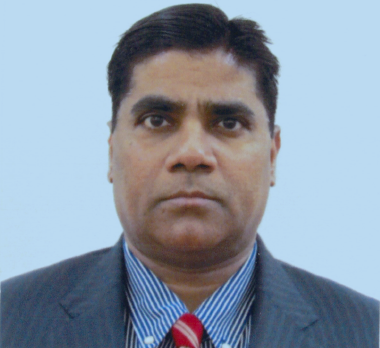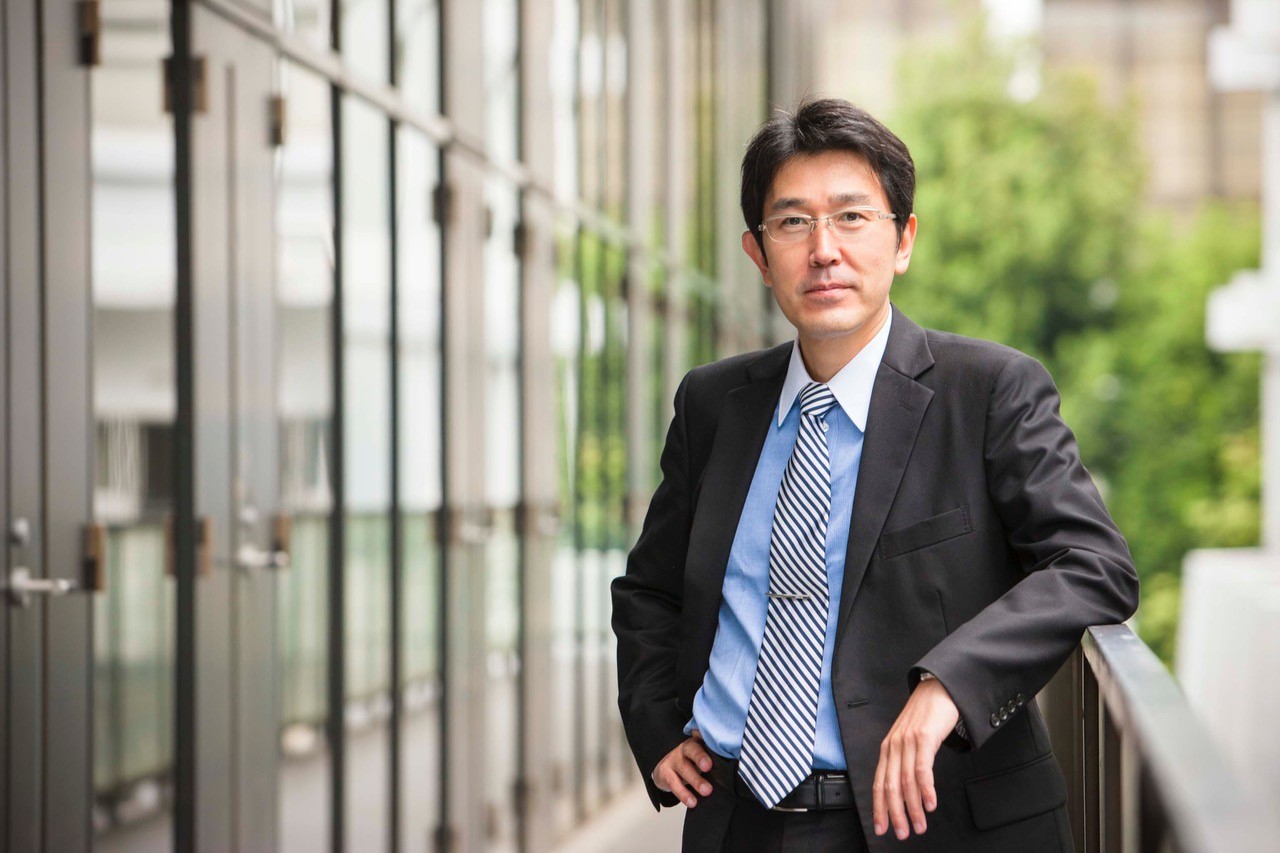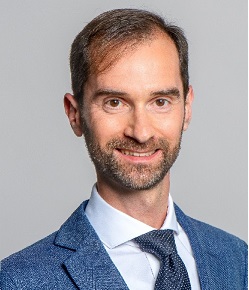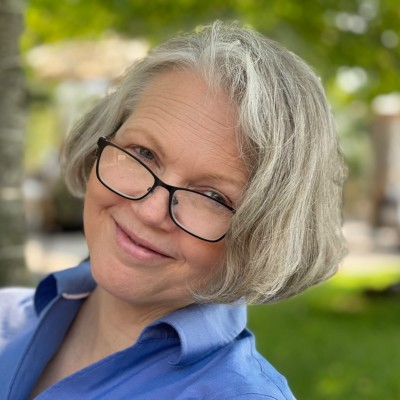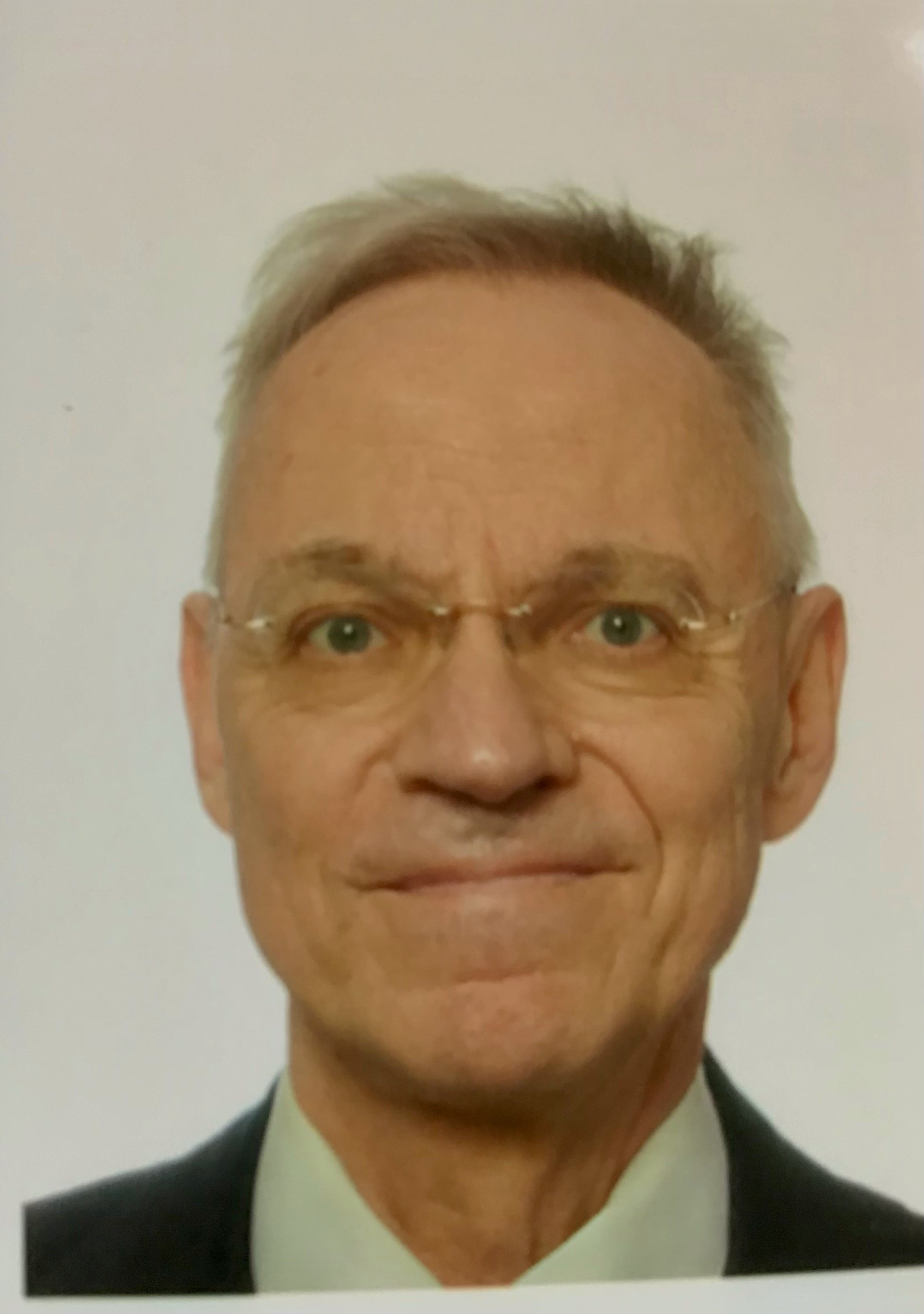Book of Abstracts 2025
The following file is password-protected.
The login-detaills are provided to participants on site during MODEGAT VIII. If you experience any trouble with the login, please contact the organizers. A printed version of the book of abstracts will be handed out to all participants.
Book of Abstracts MODEGAT VIII
Conference Program
We are happy to anounce the following lectures:
|
- Plenary lecture - |
|
|
Dr. Krishna Kamasamudram (Cummins, Inc., USA)
|
Technical Challenges and Modelling Strategies for NOx Reduction over Selective Catalytic Reduction Catalysts |
Abstract:
Selective Catalytic Reduction (SCR) remains a cornerstone technology for NOₓ emissions control in combustion systems. However, achieving stringent regulatory targets poses challenges in real-world catalyst durability, low-temperature performance, selectivity to N2O, and ammonia slip. A deeper understanding of component-level mechanistic insights into real-world performance and degradation aspects is critical for developing advanced modeling approaches that are essential to understand reaction mechanisms, optimize system design, and predict real-world performance.
This work explores the interplay between catalyst limitations and modeling strategies to drive more effective NOₓ reduction solutions.
CV:
Dr. Krishna (Krish) Kamasamudram is Director of Catalyst technology at Cummins Inc., the world’s largest independent manufacturer of diesel engines. He is also SAE fellow and vice-chair of the SAE Mobile Source Emission Committee with more than two decades of experience in leading aftertreatment emissions reduction research, technology development, and application. Dr. Kamasamudram produced seminal contributions to real-world emission control in diesel and natural gas engines across their life by uncovering performance and aging mechanisms of various exhaust aftertreatment catalysts and developing accelerated aging and characterization methods through pioneering in-house and collaborative research work.
|
- Plenary lecture - |
|
|
Prof. Dr. Jin Kusaka (Waseda University, Tokyo, Japan)
|
The Challenges with Three-way Catalysts in Strong Hybrid Systems for Passenger Cars
|
Abstract:
One of the important developments in strong hybrid systems is the improvement of the purification performance of three-way catalysts. Dithering, which periodically switches the excess air ratio of S.I. engine combustion, is one way to improve the performance of three-way catalysts, but many phenomena remain unclear, such as the optimal dithering frequency and amplitude for various changes in exhaust temperature, composition and space velocity. In this paper, we introduce some research results and consider the future direction of research and development of three-way catalysts.
CV:
Jin Kusaka is a professor in the Department of Modern Mechanical Engineering at Waseda University and a former vice president of the Society of Automotive Engineers of Japan. He heads the Next Generation Automotive Research Organization. He has written over 300 peer-reviewed papers in domestic and international journals and given over 50 invited talks. His present research on automotive catalysts focuses on chemical reactions and transport phenomena in three-way catalysts and urea SCR catalysts.
Over the past 25 years, Kusaka has worked with seven passenger car manufacturers, three heavy duty vehicle manufacturers, three heavy industries, two Japanese catalyst companies, and one mega-supplier on research and development of internal combustion engines, hybrid systems, BEV thermal management, and catalysts. He has also been commissioned by the Ministry of Economy, Trade and Industry, the Ministry of Land, Infrastructure, Transport and Tourism, and the Ministry of Education, Culture, Sports, Science and Technology to carry out national projects of internal combustion engines and catalysts.
In addition, since 2022, he has been working on an international collaborative research project with the Institute for Chemical Technology and Polymer Chemistry (ITCP) at the Karlsruhe Institute of Technology led by Professor Olaf Deutschmann in the German consortium FVV and the Japanese consortium AICE. He serves as an editor of the International Journal of Engine Research, the official journal of the Institution of Mechanical Engineers. He is also member of the government committees that determine Japan's emissions regulations and fuel economy standards.
|
- Plenary lecture - |
|
|
Prof. Dr. Matteo Maestri (Politecnico di Milano, Milano, Italy)
|
A multiscale and multi-technique approach to Selective Catalytic Reduction (SCR) of NOx
|
Abstract:
In this talk, I will present an integrated approach that combines experimental techniques - including operando UV-vis spectroscopy and transient kinetic analysis - with computational methods such as atomistic modeling and computational fluid dynamics (CFD) simulations. By bridging multiple length and time scales, this framework enables a comprehensive understanding of both the reaction mechanism and the reactor environment, offering new insights into the catalytic mechanism and reactor performance.
CV:
Matteo Maestri is a Full Professor of Chemical Engineering at Politecnico di Milano (Italy), with research focus on catalytic kinetics and multiscale modeling for energy and sustainable processes. He has been a visiting scholar at the University of Delaware (USA) and, as an Alexander von Humboldt Fellow, at the Fritz-Haber-Institute (Berlin) and TUM Munich. Honors include the TUM Ambassador title (2021) from TUM Munich and the “Gian Paolo Chiusoli Gold Medal in Catalysis” (2022) from the Italian Chemical Society. He has led multiple competitive funding initiatives, including three ERC grants (StG 2015, PoC 2020, 2022), and serves as an Editor for the Chemical Engineering Journal (Elsevier).
|
- Keynote lecture - |
|
|
Dr. Anna Lee Tonkovich (Tonkomo LLC, Gilbert, AZ, USA)
|
Solving Advanced Combustion Challenges with DETCHEM Tools
|
Abstract:
Developing new reaction technologies—including catalytic combustion—is significantly accelerated using advanced modeling tools to tailor performance and reveal hidden challenges. The DETCHEM reaction engineering suite has been applied to advanced combustion problems in three key areas: (1) emissions from emerging chemical processes, (2) emission reduction in conventional systems, and (3) exploring the future of AI-augmented reactor and process design. DETCHEM’s combination of computational speed and high-fidelity allows users to generate large-scale training datasets for surrogate reactor models. When these surrogate reactor models are coupled with those of other unit operations, engineers can uncover new and interesting process technology solutions.
CV:
Lee earned her Ph.D. in Chemical Engineering with a specialization in reaction engineering from the University of Minnesota in 1992, where she studied under Robert Carr and Rutherford Aris. Her 33-year industrial career began at the Pacific Northwest National Laboratory, where she developed microchannel reactors, leading to the launch of Velocys in 2001. After completing core technology development in 2011, she transitioned to Heliae to focus on developing and commercializing algal bioproducts. In 2014, Lee launched her own consultancy, providing support for industrial chemical reactor process development. She holds 155 issued U.S. patents and is the recipient of two R&D100 Awards.
|
- Monday evening lecture - |
|
|
Dr. Rolf Loschek (Chronos Management Consulting, Cologne, Germany)
|
Climate Research: What can we learn from earth’s climate history for its future? |
Abstract:
The Earth‘s climate system is influenced by many factors. Simulations using models, developed for weather forecasts, have been adapted and continuously improved to understand its dynamics. Achievements and problems in understanding the climate record, especially of the last 2 million years, are presented and assessed regarding their relevance for reliable quantitative predictions of future climate developments.
CV:
From 1985 to 1991, Rolf Loschek conducted research at the Max Planck Institute for Biophysical Chemistry in Göttingen and received his doctorate in physics in 1991 from the University of Göttingen, specializing in geophysics and astrophysics.
This was followed by a position as a research assistant at PHILIPS Research Laboratory GmbH in Aachen between 1991 and 1993. From 1994 to 1998, Rolf Loschek was SIEMENS AG in Singapore, where in his last position as Vice President of Telecommunications he was responsible for managing an annual turnover of 1 billion dollars (approx. 0.5 billion euros per year).
Subsequently, Rolf Loschek worked as an Experienced Manager at Anderson Consulting (now Accenture) in Vienna, Austria, where he was responsible for the telecommunications business in Austria (1999-2000). From 2000 to 2006, Rolf Loschek was with PSI AG as Head of Telecommunications (authorized signatory).
Between 2006 and 2011, Rolf Loschek was Partner and Senior Experienced Manager at Steria-Mummert Consulting in Hamburg (now part of Sopra-Steria), where he was responsible for managing the German telecommunications business. Since 2011, Rolf Loschek has been the owner of Chronos Management Consulting, which specializes in science management.

